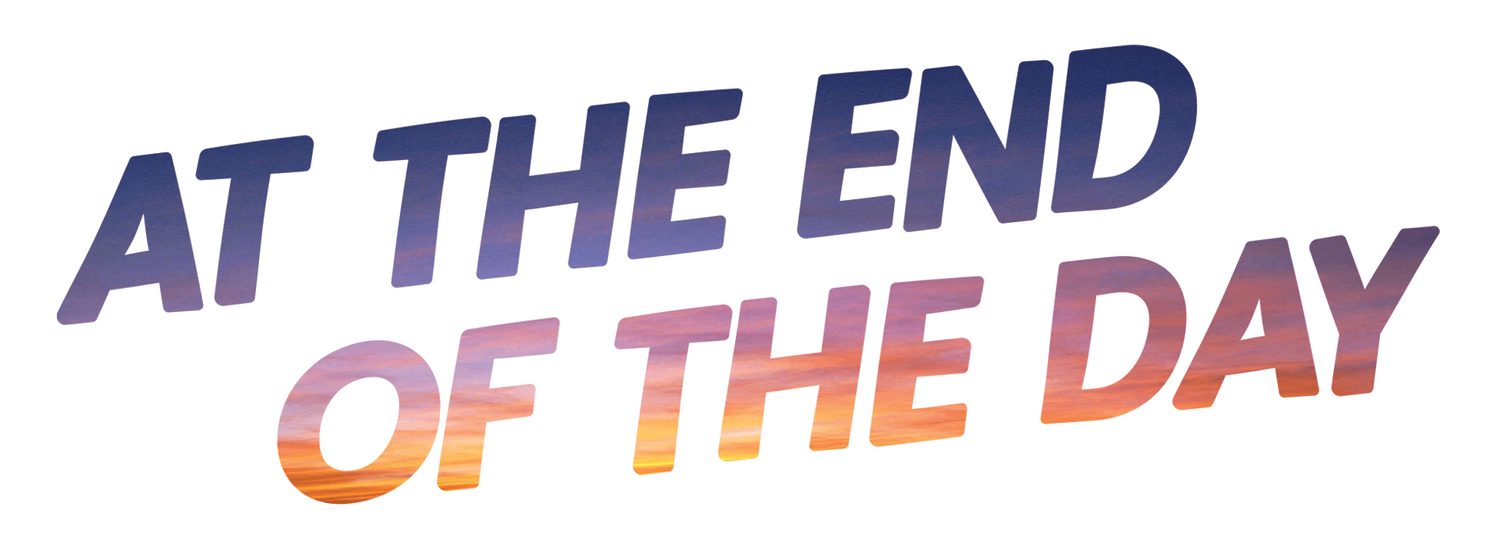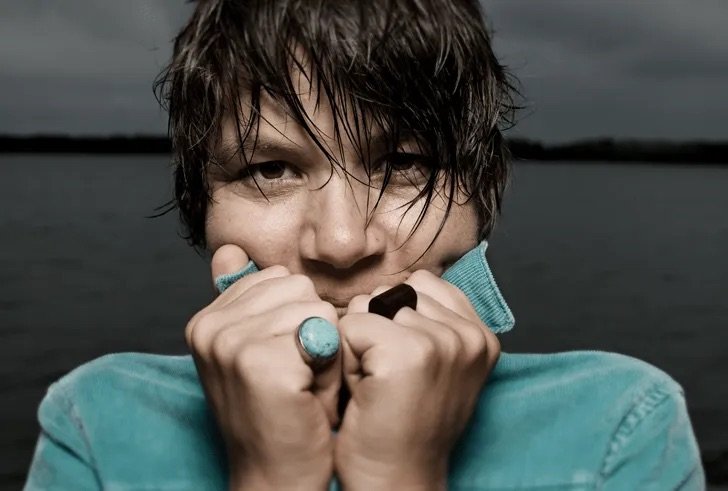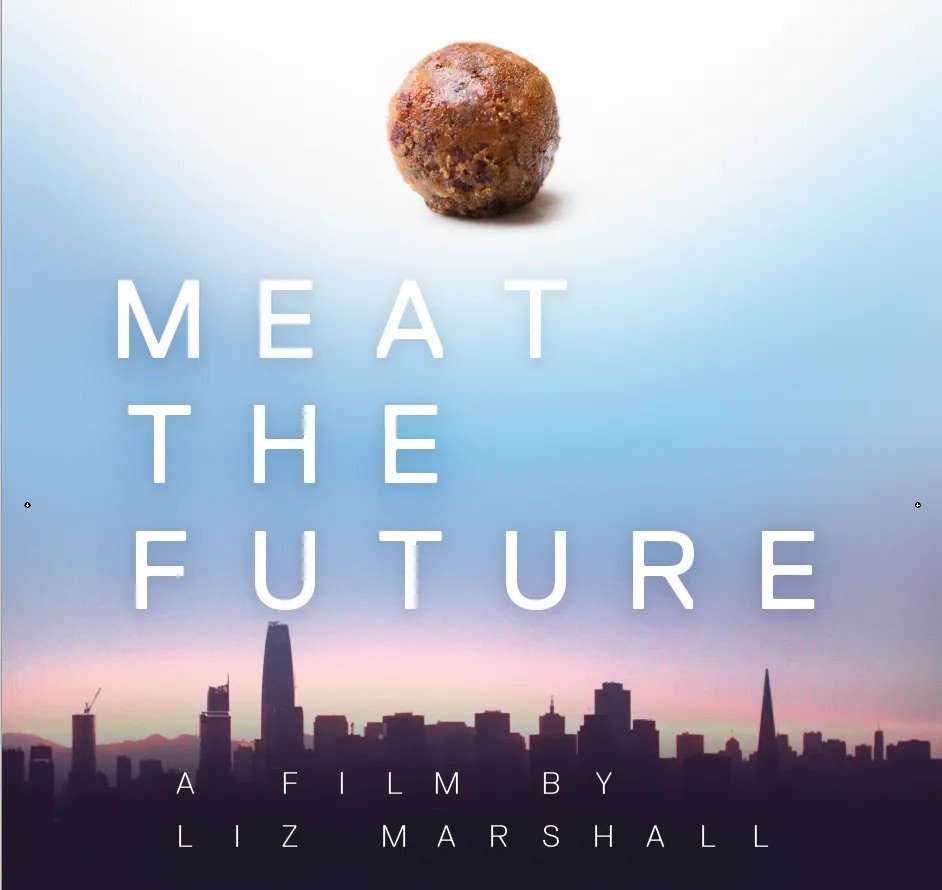Time to Meat The Future
COVID and food science make us reckon with meat on our plates
Welcome to At The End Of The Day, my ongoing attempt at putting a people-first perspective on the news.
Food is super-important right now. While everything’s in flux for my family, I keep those meals locked down as anchors of our day.
Always hungry, hbu?
Yesterday, I began my day by getting groceries for dinner.
A young man in a butcher’s coat walked in. “Good morning, Gloria.”
Without missing a beat, no-nonsense Gloria replied, “Good morning, Justin Bieber,” and kept transferring tomatoes from a box.
I love the jovial, neighbourhood vibe of the butcher shop on my corner but generally speaking, a butcher shop is like outer space to me. I’ve tried cutting meat from my diet at various times in my life. Most recently, our family had settled into a routine of semi-regularly eating meat, mostly outsourced from restaurants or my mom, when she would bring her Korean home-cooked food over (sadly, both not happening during COVID).
“Can I help you?” asked a friendly worker from behind the meat counter.
“Oh no, I’m just looking!” I responded, waving at all the meat around me. “I can probably just find something here in the packages,” I trilled, with the too-cheerful air of someone ashamed of being caught in the act.
Credit: Photo by Ali Tarhini on Unsplash
Meat isn’t good for the climate. Animals suffer in factory farming and as we’ve seen with COVID, workers suffer in meatpacking plants, too. [1] I’ve read books and watched docs.
But this was how I started my day yesterday, by buying four pounds of beef.
As I sliced it later in my kitchen, my daughter said, “What’s that?” She did not know the sight of this food.
“Meat!” I threw it in a slow cooker for a stew I’d share with neighbours that night. I wanted to set it and forget it.
But by dinnertime, I had chatted with filmmaker Liz Marshall. I wasn’t going to be forgetting about that meat.
Her new documentary, Meat The Future, is getting its premiere with the Hot Docs Documentary Film Festival this year, in its newly-revamped digital and broadcast format. [2]
Meat The Future is about lab-grown meat, or cultivated meat, or whatever you’d like to call meat that doesn’t come from the breeding, raising and slaughtering of animals. It originates from animal cells, yes. But the production facility isn’t a farm.
At a time when COVID has thrown many of our systems into very sharp relief, asking us to reckon with the ways in which we’ve organized our lives, meat is a very big question.
I read Elizabeth Renzetti’s column on meat in the Globe and Mail last weekend with great interest. I found her ambivalence on meat to be highly relatable content. [3]
Then, there is the ongoing, worrisome story of the Cargill meatpacking plant near High River, Alberta, where over 900 cases of confirmed COVID have resulted in one death. Last night, I watched a grieving husband on the news, speaking through a translator, overcome with emotion at losing his wife. [4]
According to the CBC, the union representing these workers surveyed more than 600 of them, in four languages, and 85 % reported they are afraid to return to work. Overall, the Cargill facility has 2000 workers. This plant provides about 40 per cent of the beef processing in Canada. [5]
What is the true cost of our love of meat?
I spoke with Liz about her documentary, Meat The Future, which chronicles the birth of the cultured meat industry over three years, from 2016 to late 2019.
Filmmaker Liz Marshall
How are you feeling about the way people will see your film?
I feel privileged for sure. Meat the Future is an official selection with the Hot Docs festival as a special presentation film, which is phenomenal. When COVID came and the festival was canceled, it was such a downer. All of us, every filmmaker in the 2020 premiere boat, we all felt like we were sinking in a way.
But I think there’s a huge silver lining here and that’s how I’m choosing to focus on it. We need more urgent, timely, inspiring, solution-focused stories right now.
Did this film make you rethink the way we eat?
It does. When we can wrap our minds around this huge new concept, which is growing and harvesting real meat from animal cells, it is mind-blowing. It opens the mind to what’s possible. The more people understand it, the more they can understand it will be safe and affordable and delicious. I think it will become the new normal.
How far out are we from eating lab-grown meat?
Lab-grown, as a term, is actually false. Many forms of food innovation start in a lab. Cheerios started in a lab. I learned that along the way.
But when they get to a place like Memphis Meats gets to, it’s actually a production facility and no longer a lab. They make that distinction in the film.
The nomenclature, how to describe it to people, is interesting. When I first started filming, everyone was saying “clean meat” as a nod to “clean energy” but the meat industry didn’t like that because it implies all other meat is dirty. It changed to “cell-based meat” and then they decided, well that doesn’t sound very tasty, so they now refer to it as “cultivated meat.” They also refer to it as “cultured meat.”
You’ll see in the film that the government agencies in the US are working together to push this forward because they want America to be first to market. Asia is really innovative, the Middle East, Europe, they’re also racing to get to market as well. We don’t know which country will regulate it first but Memphis Meats, the company I’m following, they continue to think that by 2021 or 2022, they should be on the market.
And by the way, what it means to be on the market isn’t that you have an IPO right away, and people can invest in you. To be on the market means it’s a niche product that would be available on the shelves of Whole Foods or something. And that people would pay a premium for it, the same way people pay a premium for grass-fed beef, because they believe in it. That’s how this industry believes it will begin and that within about a decade, it should be available in a more significant way.
That means maybe 2% or more of the meat industry would be comprised of this. It sounds small but it’s enormous. The meat industry is a multi-trillion dollar industry worldwide.
What’s your relationship with meat?
Thirty years ago, I stopped eating meat for ethical reasons, for environmental reasons, for the reason that I don’t want to eat animals that are tortured and that suffer.
But I tried this meat, over the course of following the story. I’m one of the lucky few in the whole world who have tasted this meat. It’s exactly what I remember meat to be. I had no ethical dilemma in trying it whatsoever.
This meat is grown from animal cells and it eliminates the need to breed, raise and slaughter billions of animals. Currently, it’s upwards of 100 billion land animals that are slaughtered for food worldwide each year. That’s not sustainable. We need solutions. The vast majority of people eat meat. Research shows that by 2050, meat consumption will double.
You stopped eating meat, but you don’t think stopping is the solution for everyone.
No, it’s not pragmatic or realistic. I think in higher-income countries in the west, like North America, we see that plant-based eating is on the rise but so is meat-eating. The population is growing.
What do you hope people will take away from the film?
Meat the Future is a natural extension of all the work I’ve done whether it’s human rights documentary or environmental climate justice or animal rights work. I see all the major issues converging around this one topic, the one topic being the industrial topic of meat. It’s not good for workers and we see this right now, it’s really being exposed through COVID-19. The working conditions are really challenging. There’s also all kinds of information that kill floor workers are psychologically stressed and physically stressed. From an economic perspective, it’s not good for workers. And the conditions that animals are in, it’s very cruel and inhumane. And then the environmental impact.
It also impacts human health. COVID-19 is a zoonotic disease. It passes from animals to humans. It’s not just wet markets. It’s industrial factory farms. The advent of growing meat in a sterile, clean environment, without the need to raise and slaughter animals, could, and I’m not saying will, but could prevent the next health pandemic.
How do you feel about the future with regards to what you learned about meat by making this film, and what we’re going through now with COVID?
I’m not sure if I’m hopeful but I do believe that we will get through this. I’m motivated, let’s put it that way. I don’t believe COVID is an existential threat the same way the climate emergency is an existential threat.
All of the brilliant frontline, medical workers and scientists in the world, the way they’re coming together to solve problems with our health, I believe we will have a vaccine and we will be healthy again.
But as populations grow, and as our food supply and food systems are increasingly stressed and as the environment is increasingly vulnerable, we need solutions to that problem. And meat is a chief staple of civilization and it has been for millennia. So I’m existing within a very pragmatic zone when I say that we need to find solutions to how meat gets to the plate.
My motivation in making the film is to obviously have the widest exposure possible, and to help open hearts and minds to the miracle of what is possible. There’s just so much doom and gloom right now. The film is really kind of a celebration of human ingenuity to help us move forward as a species.
Thank you, Liz, for speaking with me and for making a film that helps us see another way forward.
You can watch the world premiere of Meat The Future on Thursday, May 7 on CBC @ 8 pm ET and streaming on CBC Gem.
While you’re there, check out another world premiere Hot Docs film, this one by a good friend, filmmaker Tamara Mariam Dawit. It’s called Finding Sally and it’s her personal story of unraveling a family secret that took her from Ottawa, Canada to Ethiopia. [6]
And if you want to know more about the world of cultivated animal products, here’s a story on lab-grown dairy by Ann Hui (also a friend — what? I’m just going to list all my fave friends and their richly informative work now!). [7]
No seriously. I’m done for tonight. Gonna kick back with a glass of vino.
If you have a friend who thinks deeply about food and where it comes from, please forward this letter to them.
Thank you so much for reading and as ever, I always want to hear from you as I shape how ATEOD can be a useful read.
Take care until next week,
Hannah
[1] South Dakota Meat Plant Is Now Country’s Biggest Coronavirus Hot Spot, New York Times
[3] The hamburger’s tasty but you’ll survive without it , Globe and Mail
[4] 'I am so, so sad': Husband, friends of Cargill worker who died from COVID-19 honour her in memorial, CBC
[5] Workers return to Alberta meat plant despite union's effort to block reopening amid COVID-19, CBC
[6] Finding Sally, Tamara Mariam Dawit
[7] Milk’s next frontier: Lab-made food could change the way we eat – and it’s quickly becoming a reality, Globe and Mail




